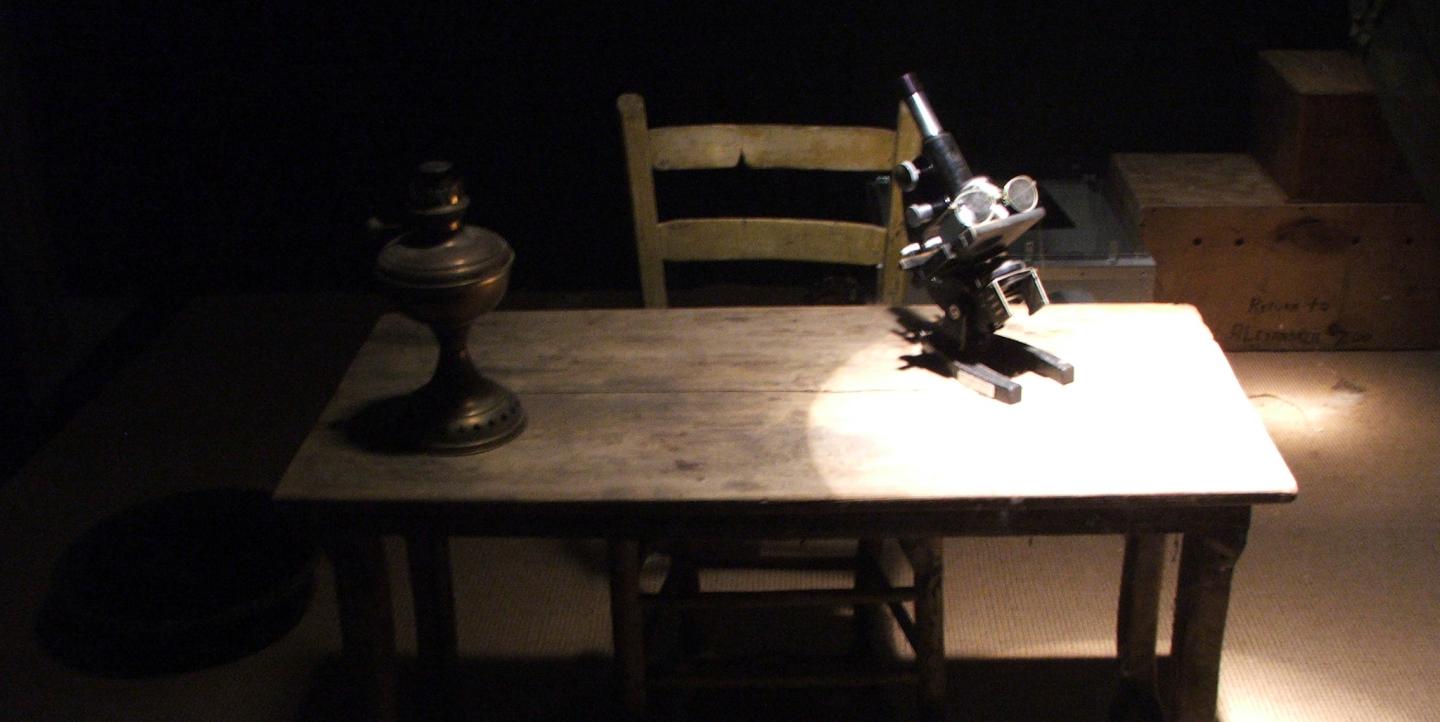Writing a story about science poses particular issues for journalists.
Here are some following tips to bear in mind when writing your science story, especially if you're a beginner.
-
Bring the science down to earth. The job of the journalist is to bring the scientist down to earth, even though he or she might sometimes be reluctant.
-
Bring out the human in the scientist. Highlight aspects of his or her personality that everyone can relate to – a hobby, a certain thing he or she does when going into deep thought before answering a question. What does he or she wear in the lab? Do his or her eyes light up when talking about research?
-
When writing about the science, explain how it relates to your readers' everyday lives. Ask the researcher during your interview why creating nanotubes from DNA molecules could be revolutionary for computer technologies. Or explain to your readers how stem cell research has the potential to discover cures for disease. Try the narrative technique of introducing your story by writing about someone afflicted with a disease and explain how stem cell research could change this condition.
-
Simplify the science with metaphors. Metaphors are an important part of science writing because they create strong images from everyday life and cultural references which make science easier to understand: the atmosphere is a greenhouse, the brain of a chess player a computer; a black hole is a monster that eats its victims, while stars send out their "last cry" in the form of X-ray emissions. In general, metaphors provoke associations between different parts of our thought processes – a short circuit in our thinking (short circuit is, again, a metaphor). Be aware that some metaphors have been over-used and are not always a good choice.
-
Dealing with numbers: How many soccer fields are there in 6,000 square meters? How many atoms fit on the head of a pin? When dealing with numbers, whether you're describing weight, area, size, volume, length or whatever, try to make them easier for readers to relate to by making comparisons with things that we see or use in our everyday lives. Help your audience "visualize" the number rather than leave it at face value.
- Never assume your readers will understand every scientific term or concept in your writing. Make sure you explain the meanings of scientific jargon but beware of oversimplifying – a trap that journalists sometimes fall into.
You can read more about writing skills in the online science journalism course of the World Federation of Science Journalists. All ten lessons are available for free in English, Arabic, French, Spanish, Portuguese, Chinese and Turkish.

